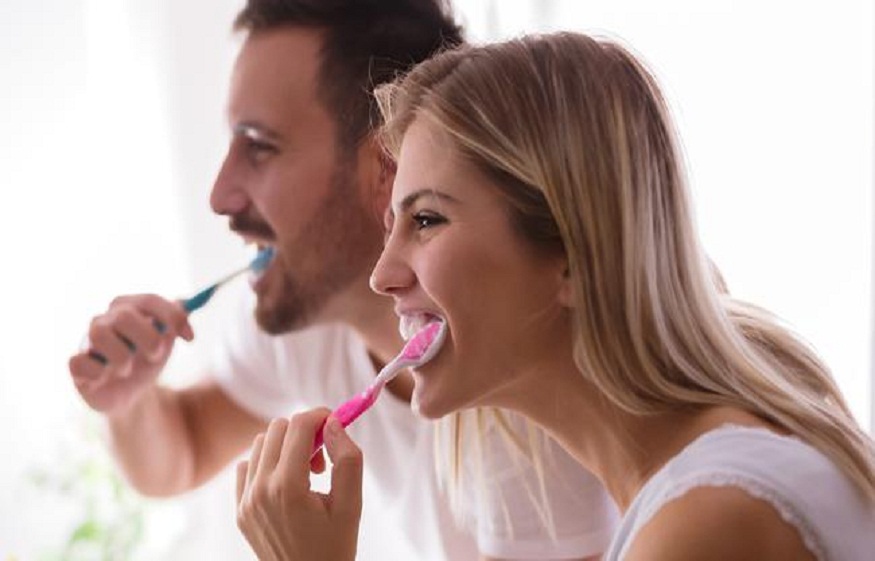
Night vs. Day Toothbrushing: Does It Matter When You Brush?
Brushing your teeth is essential for oral hygiene. However, does it matter when brushing your teeth during the day?
Family dentistry in Vancouver, WA, says brushing teeth at the right time is critical in preventing cavities and bad breath, among other oral health problems. Although brushing at least twice a day is the general rule the American Dental Association sets to maintain tooth health, the more crucial question is how brushing can enhance its effectiveness.
Brushing Teeth at Night vs. Morning
A day cannot begin without brushing your teeth. If you brush your teeth right after getting up in the morning, your mouth will smell bad. The bacteria that builds up during the night can cause a bad odor. Brushing your teeth in the morning helps dissolve the bacteria accumulated in your mouth and enhances saliva production, which acts as a protective mechanism for your mouth.
In the morning, to keep teeth intact, one can apply fluoride toothpaste, which acts as a layer on the teeth. However, skimping on brushing your teeth before breakfast could have long-lasting effects.
Considering the food items consumed during breakfast, such as lemon, juice, or even coffee, which can be exceedingly high in acidic content, which at least shakes off the enamel of your teeth. To overcome this problem, brush your teeth before breakfast or wait minutes.
It is ideal for brushing their teeth before bed, as numerous other benefits exist. When people sleep at night, they produce less saliva, creating an ideal environment for bacteria to grow.
Thus, brushing your teeth while sleeping will clear up plaque and some food particles, ultimately preventing cavities or gum diseases.
This is why combining mouth flushing or flossing with brushing is highly suggested, as this will help comb the particles. Eating or drinking anything else apart from water at night after brushing is crucial as it assists in keeping your teeth clean and protected while sleeping.
Although everyone knows that brushing one’s teeth in the morning and after the last meal of the day is the most crucial part of maintaining oral hygiene, there are certain instances where brushing throughout the day can also be advantageous.
For example, some people have a sweet tooth and snack on sugary items, after which a follow-up brush helps eliminate the chances of developing cavities.
Another good indicator that you should brush your teeth during the day is when you taste something foul. In these cases, keep a travel toothbrush in hand to prevent oral cavity infections on the go.
What Happens If You Forget to Brush?
- The buildup of Plaques and Tartar: The evolving oral biofilm in the mouth combines with natural processes and forms thickened parts, which requires a professional toothbrush to scrub away all the gunk built up in the mouth.
- Consistent Bad Breath: As mentioned earlier, there are times when people forget or choose to avoid brushing their teeth, which only fuels the bacteria that reside in them and leads to foul-smelling breath.
- Higher chances of getting cavities or gum disease: Bacteria love snacking on food particles in the mouth, which produces certain types of acid that increase one’s chances of getting cavities. The excess plaque buildup can escalate into gum disease, where the area surrounding your teeth will become red and inflamed.
Conclusion
The one-size-fits-all optimal brushing technique begins with brushing twice daily: morning and night. If required, brushing even after lunch, especially after consuming sweets or carbohydrate-loaded food, would enhance the effect of brushing.
Contact professionals specializing in family or general dentistry if you are looking for additional teeth-related solutions. They can suggest an appropriate dental regimen based on your needs.


